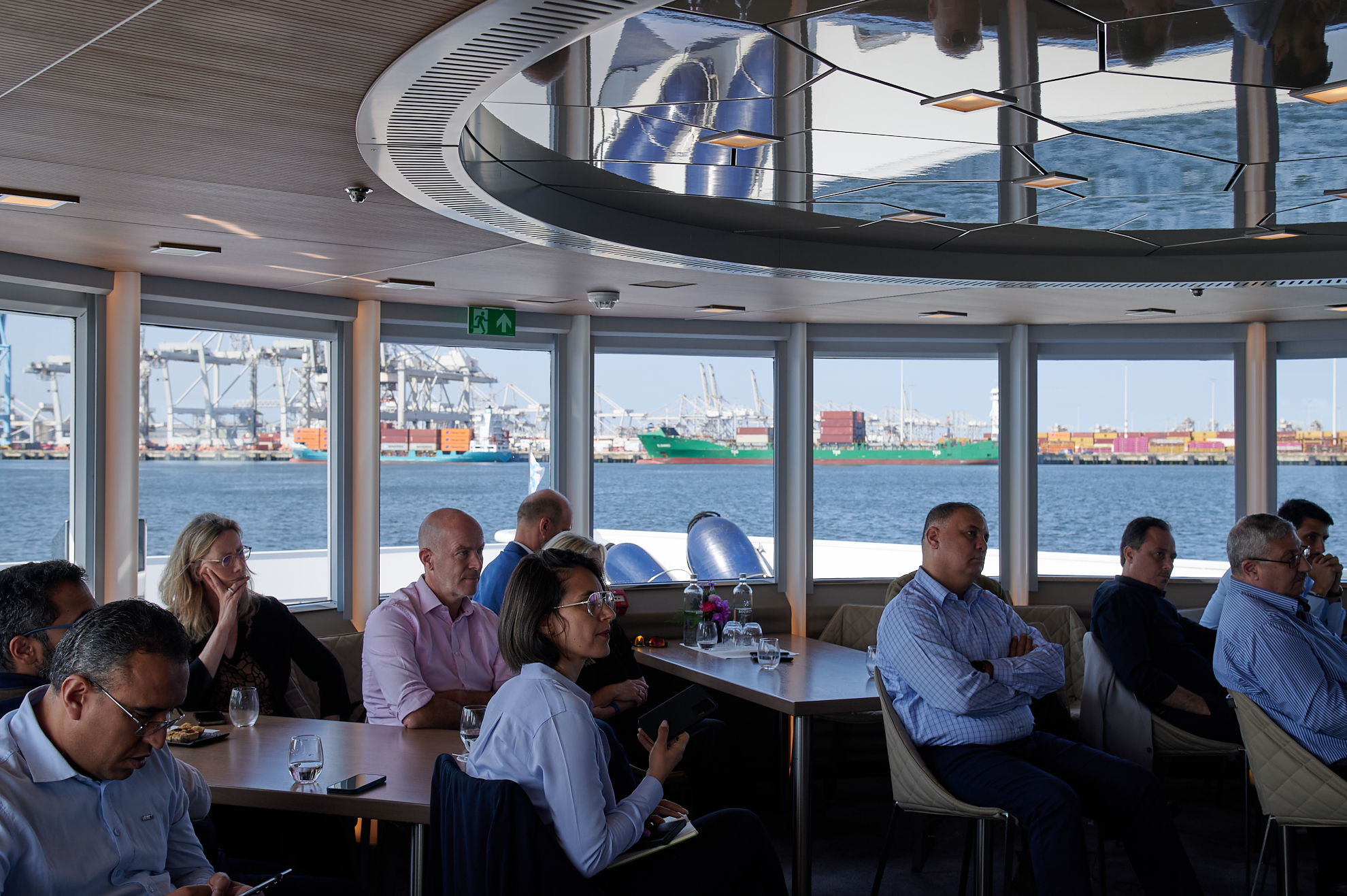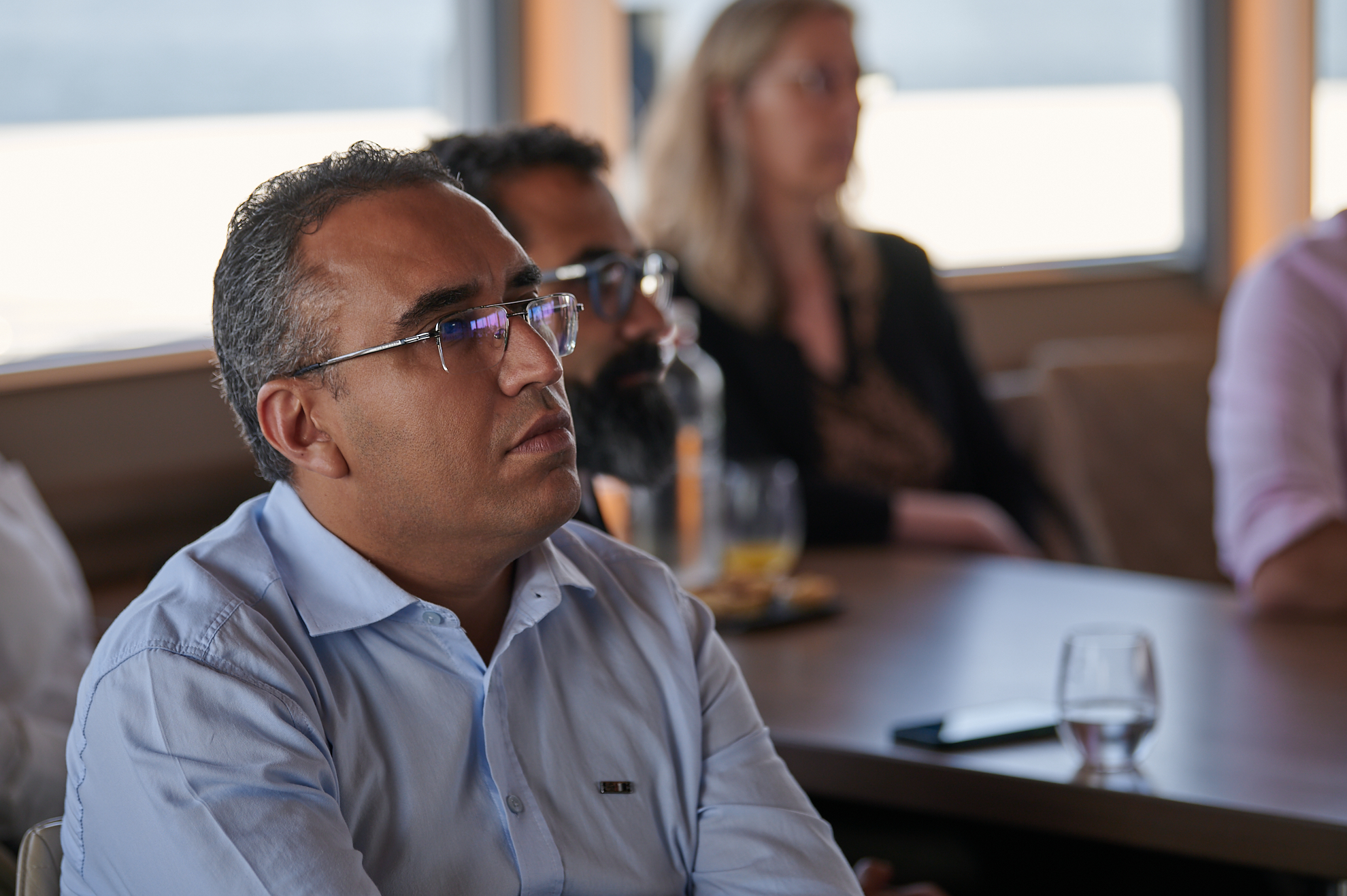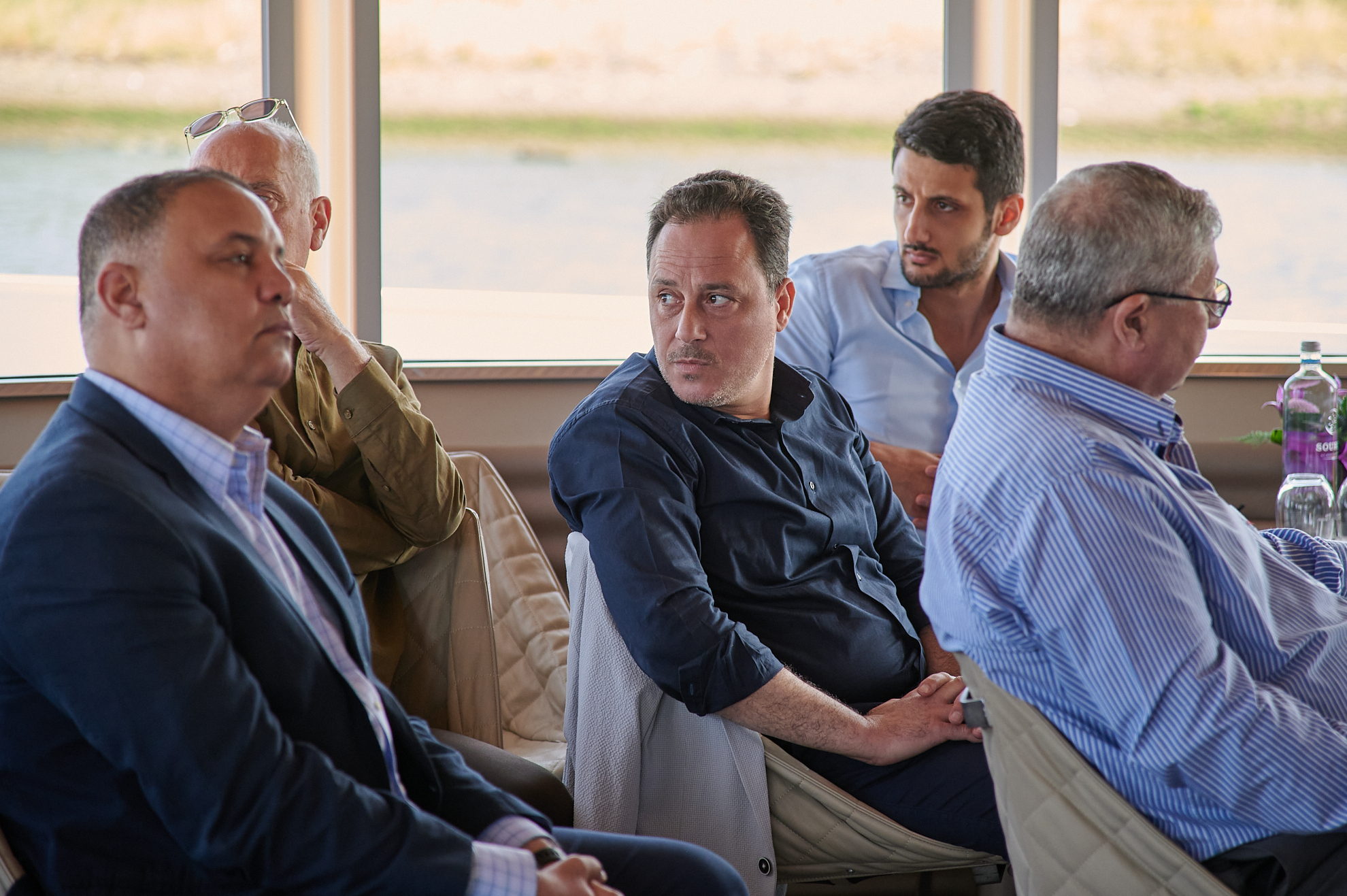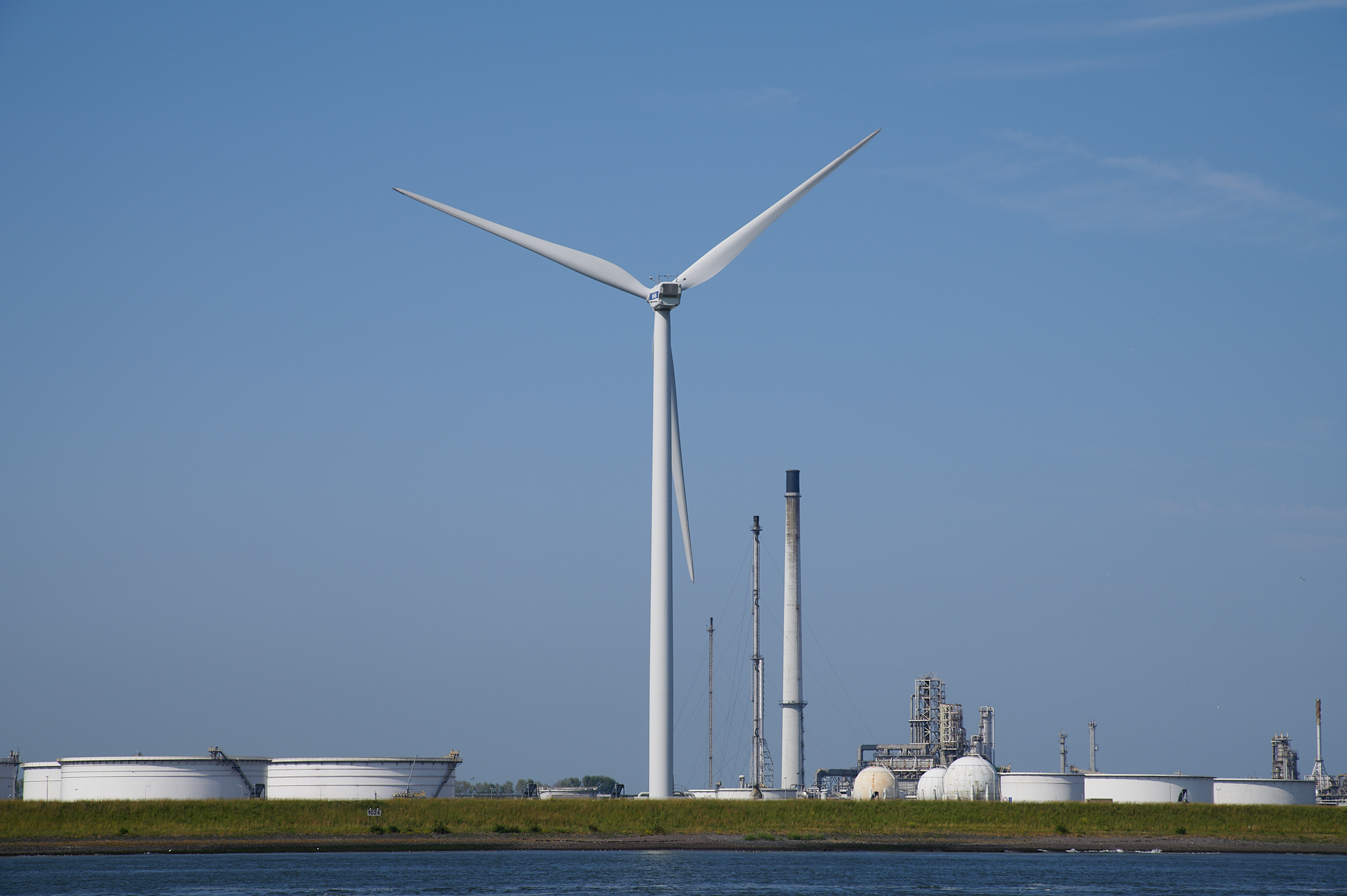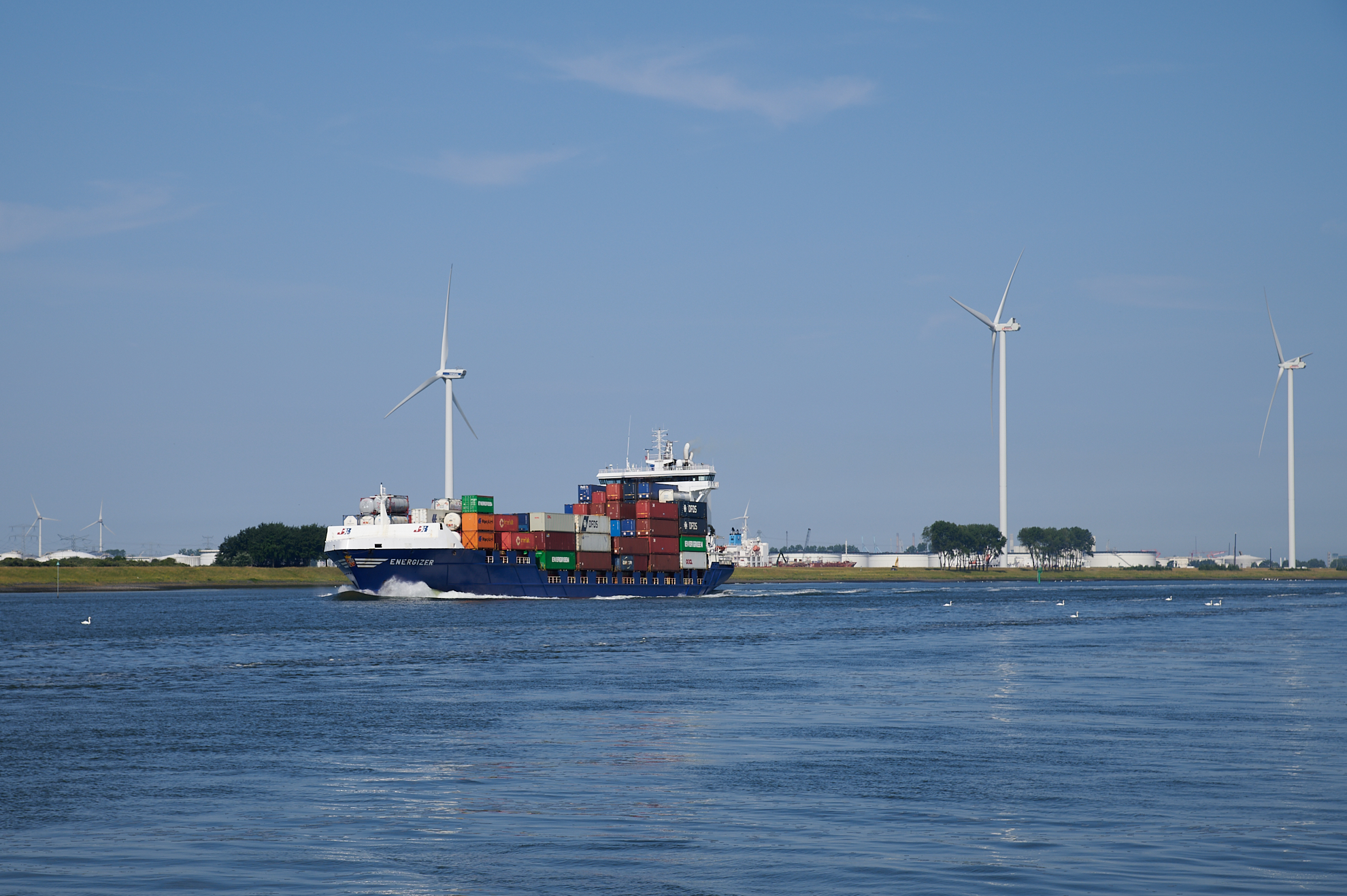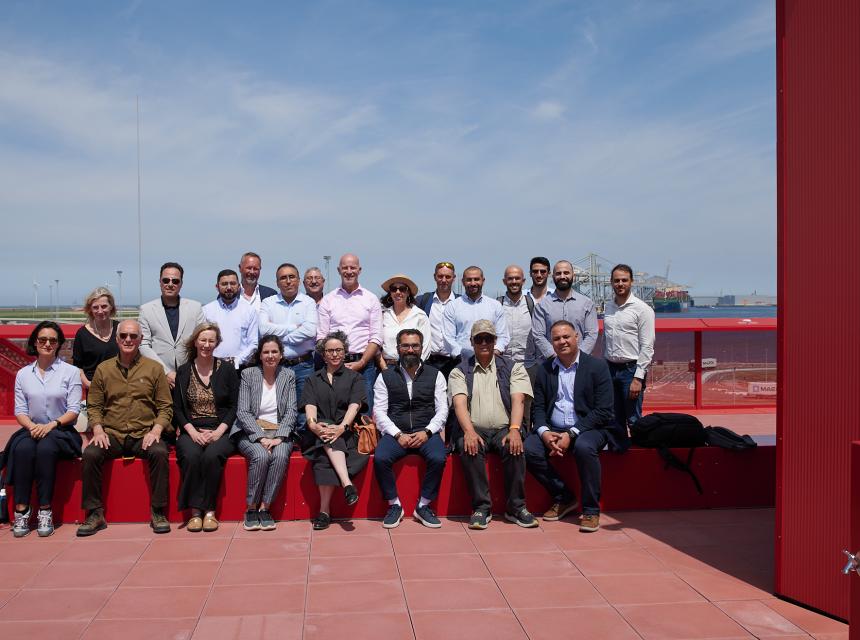H2gether: MED-GEM Network witnessed Rotterdam’s Green Hydrogen Portscapes, preparing for a Net-Zero Future
On 17 June 2025, the Port of Rotterdam welcomed a high-level delegation of green hydrogen experts and government representatives from the Southern Mediterranean, in a visit facilitated by the EU-funded MED-GEM Network. This immersive, full-day exploration offered participants first-hand insight into Europe’s most ambitious port decarbonization strategy.
📸 Album of Rotterdam’s Port visit by MED-GEM Network
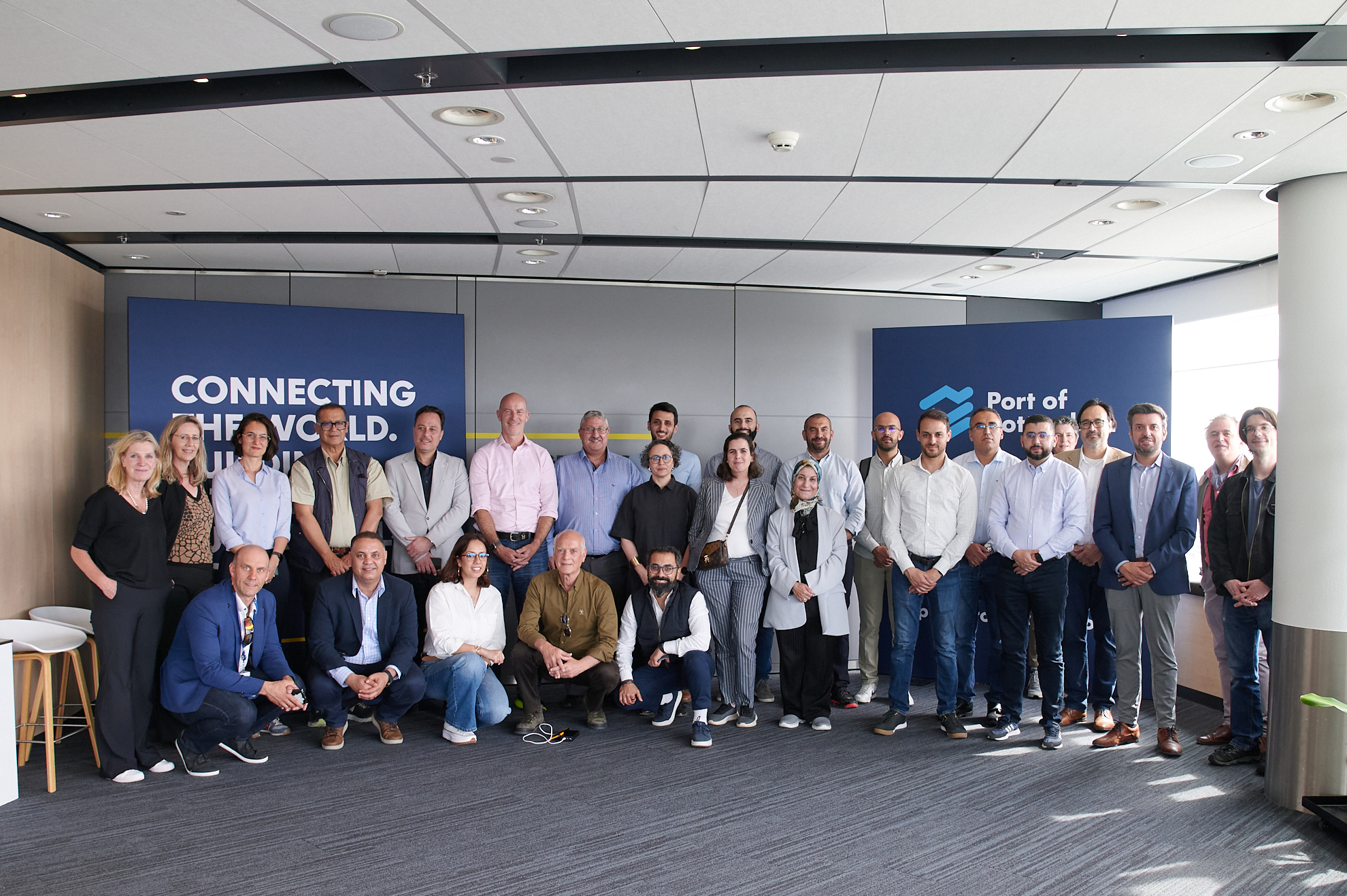
This is a place that truly understands the future of energy, said Frank Wouters, Director of MED-GEM, as he opened the visit aboard the port’s tour vessel. Backed by Milou Beerepoot, Programme Manager Regional Energy Programmes Neighbourhood South from DG MENA, the European Commission reaffirmed its commitment to supporting hydrogen partnerships between the EU and its neighbourhood.
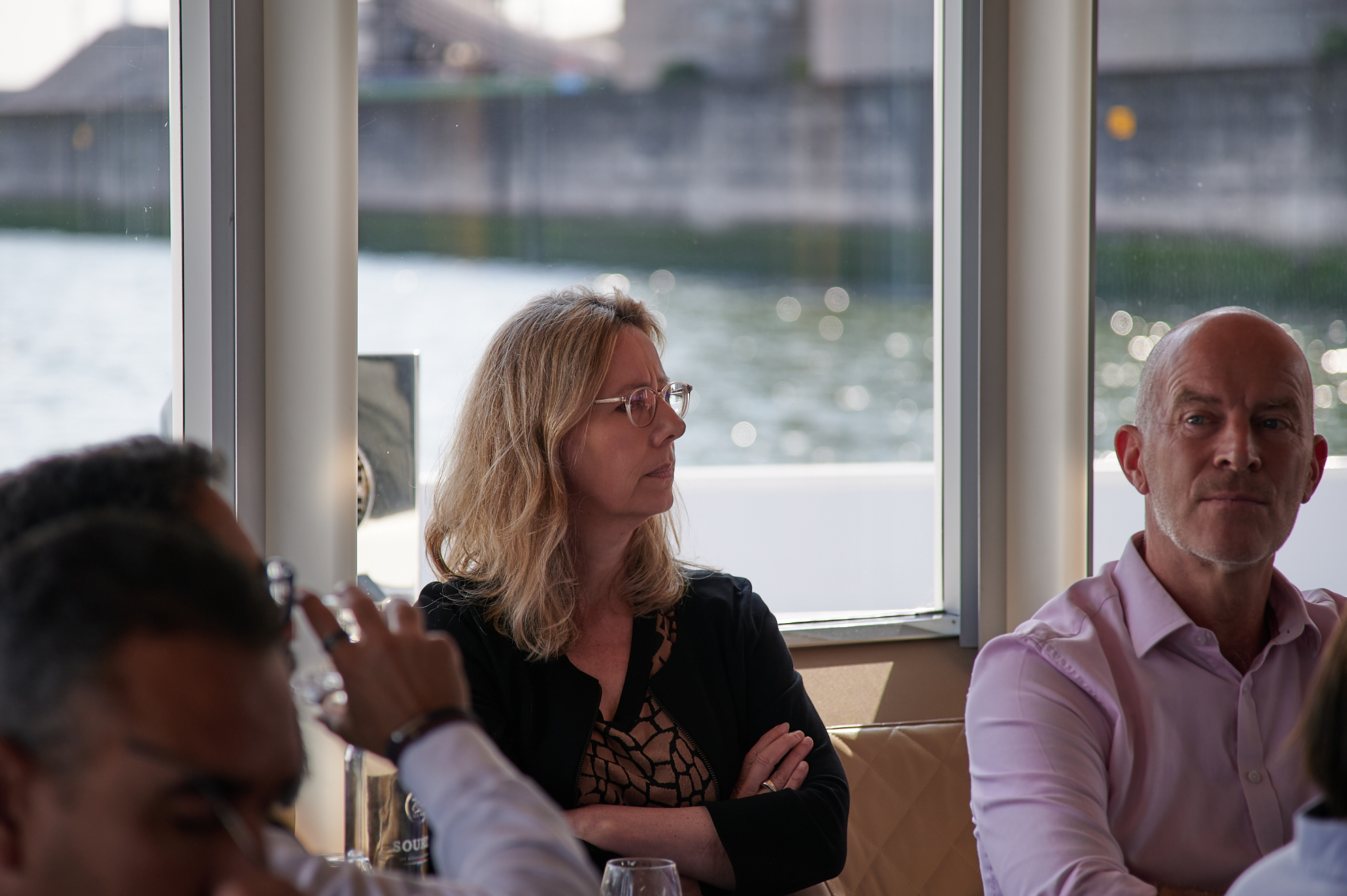
At the heart of the morning session, Monica Swanson, Program Manager for International Hydrogen, set the tone: We aim to change what took a century in thirty years. She presented the Port’s hydrogen roadmap: large-scale electrolysis, carbon capture and storage, and a regional pipeline network. We’re not just a port; we’re a systemic facilitator, she emphasised, pointing to Rotterdam’s integration into the Delta Rhine Corridor and its ties with Antwerp and Duisburg.
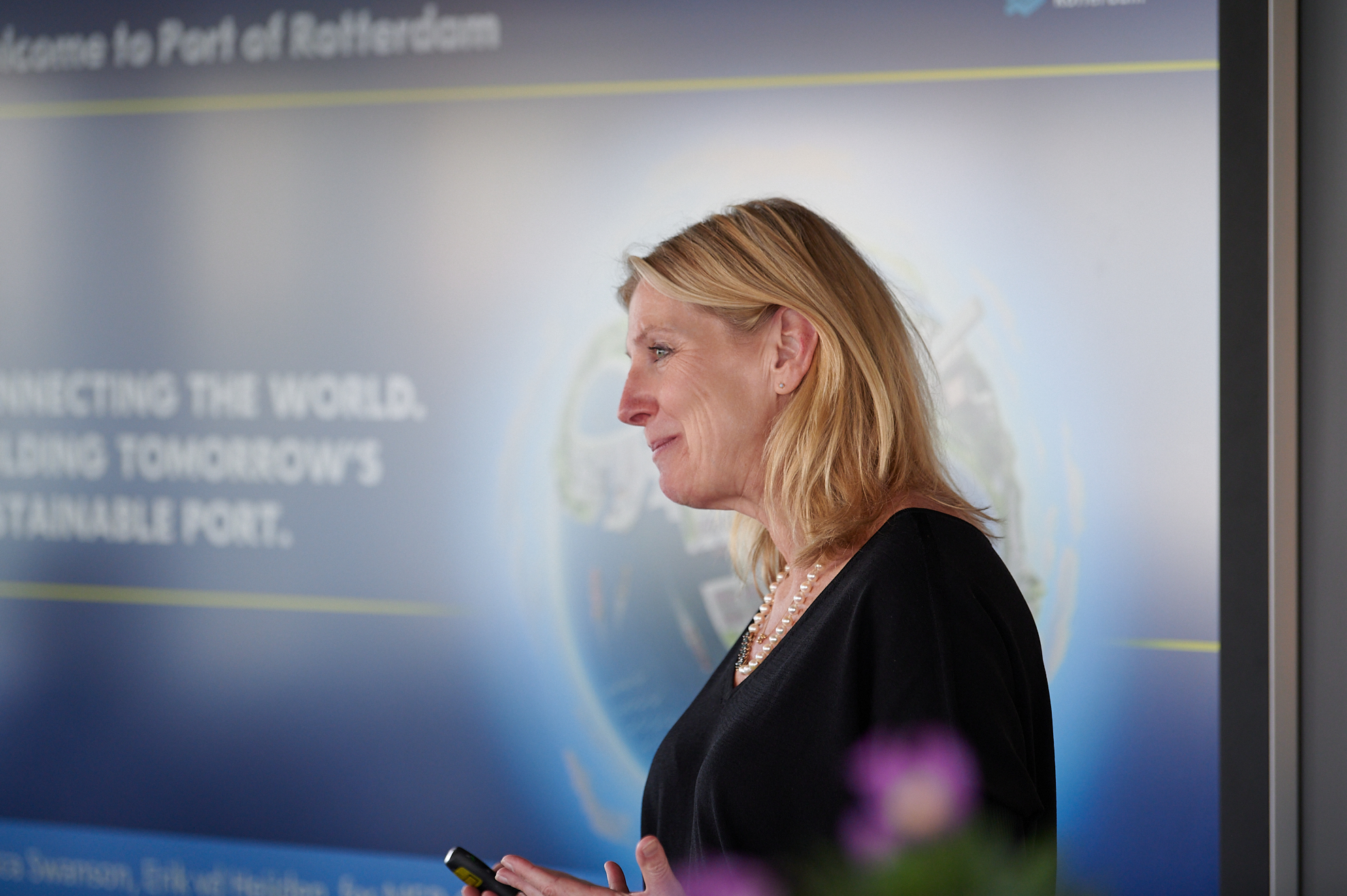
Erik van der Heijden, Business Manager for Energy Transition, showcased the Port’s hydrogen ecosystem, including Shell’s 200 MW electrolyser project, a floating solar park under construction, and future-ready bunkering for methanol, ammonia, and liquid hydrogen. There is no ideal carrier, he stated, we will need them all.
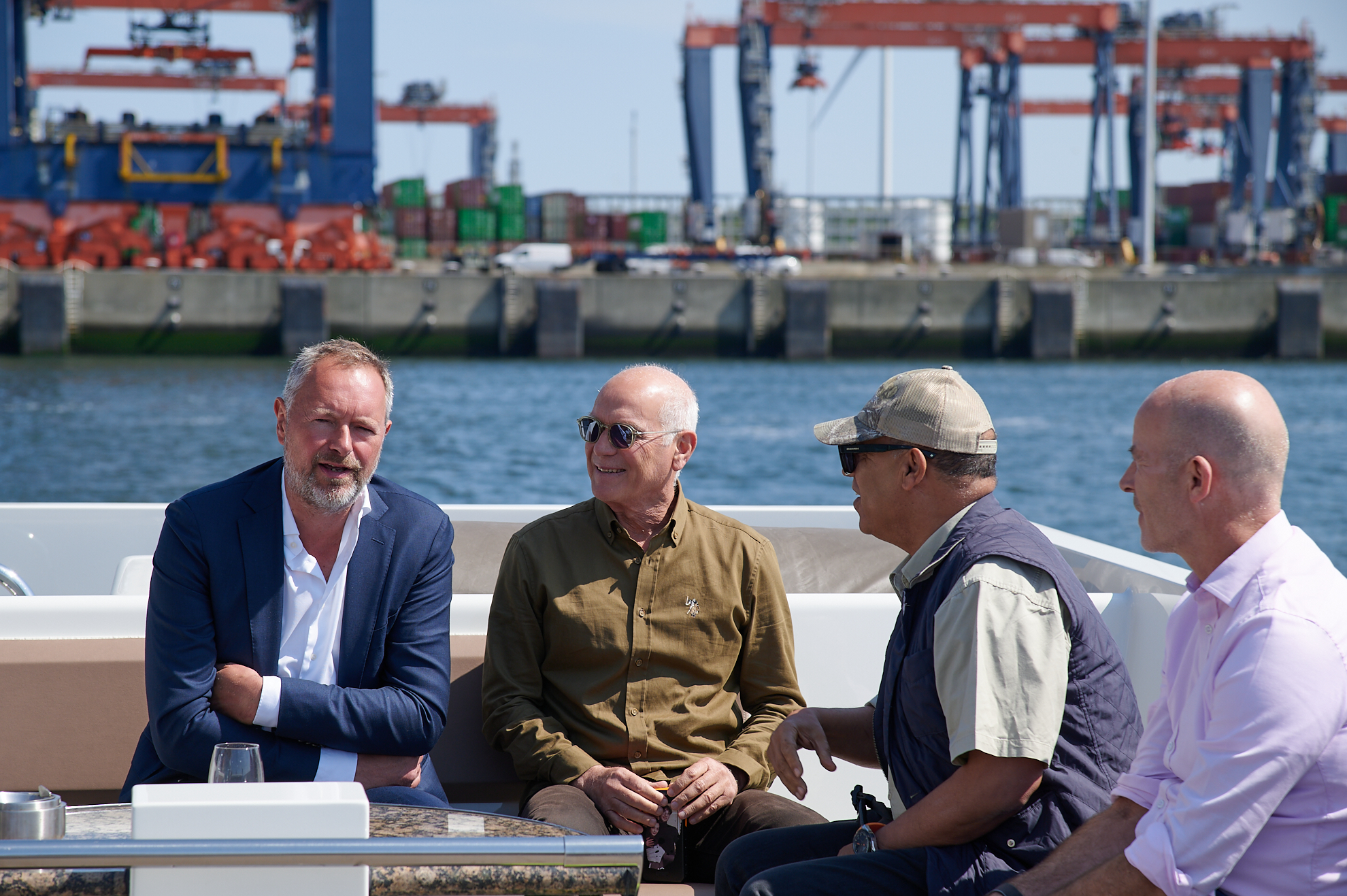
In the afternoon, Mark-Simon Benjamins, Port of Rotterdam, Business Manager, introduced H2gether, a collaborative platform designed to unlock investment bottlenecks. We act like Switzerland. We don’t buy or sell hydrogen - but we build bridges across the value chain to de-risk this new economy, he explained. The initiative has already convened terminal operators, banks, and shipowners to tackle shared infrastructure and pricing challenges.
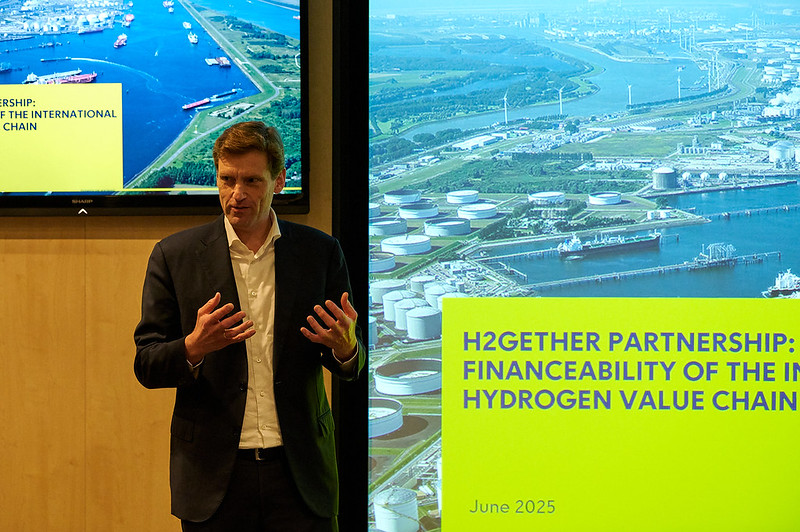
Discussion also focused on upstream partnerships. Morocco, Libya, Egypt, Canada, Oman, Namibia and Chile were cited as pioneers of the import frontier, where large-scale hydrogen projects are currently being co-developed with Rotterdam-based stakeholders.
The day concluded with a historic first: a live ship-to-ship ammonia transfer operation. As Monica Swanson put it, This is how the transition moves from concept to reality - through collective courage and coordination.
